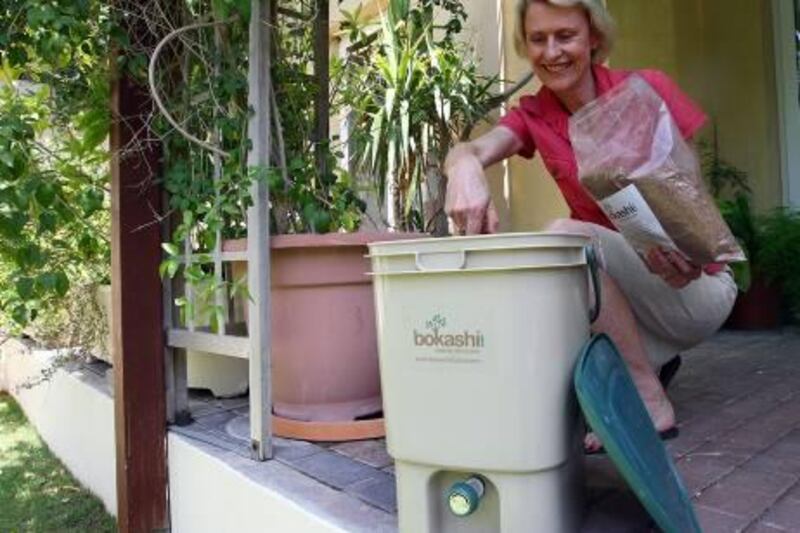ABU DHABI // Eating simple, small meals is key to a healthy Ramadan fast - and it can help the environment by minimising waste.
Family gatherings and iftar tents bring the unintended consequence of a rise in the amount of waste from households and food outlets.
That rise in the capital was about 10 per cent, a representative of the Centre of Waste Management - Abu Dhabi said.
Authorities have requested extra sweeping and pest-control services around mosques and charity tents. And waste management companies have raised the number of rubbish collections and are asking people to be mindful of their consumption.
"We live in an area where the culture is very generous. Changing the behaviour is difficult," said Georges Barakat, the communications director at Averda, one of two companies hired to clean Abu Dhabi.
"One of the first steps is not to be excessive. People should remember to eat what they can and not overindulge."
Mr Barakat said people should also be conscious of packaging. When buying in bulk it is best to go for larger containers to reduce the amount of waste.
Families and food outlets should also consider donating food, said Khalid Mohammed Shareef, the director of the Food Control Department at Dubai Municipality, which offers advice through its free hotline on 800 900.
"During Ramadan, some people are proud when they serve large quantities. However, this is not what Ramadan is about," Mr Shareef said.
"We will explain how to best bring the food and how to tell if it is still good quality … then food can be given to the poor."
In Sharjah, waste increased by about 17 per cent during Ramadan with food scraps and packaging the main culprits, said Jeremy Byatt, the vice president of environment at Bee'ah, a company that deals with waste in the emirate.
In the holy month, plastic and organic waste increase significantly, constituting 24 per cent of the overall amount. For the rest of the year Sharjah generates an average of 1,200 tonnes of waste a day.
Meanwhile, a company in Dubai is offering households and outlets another way to cut down on waste. Developed in Japan in 1982, Bokashi turns food scraps into compost.
Janine Sheard, a Dubai resident, started distributing the product two years ago and said its main selling point was simplicity.
Unwanted food is transferred to a specially designed plastic bin and sprinkled with a patented mix that promotes the growth of bacteria, turning the scraps into plant food.
* With additional reporting by Maey El Shoush





